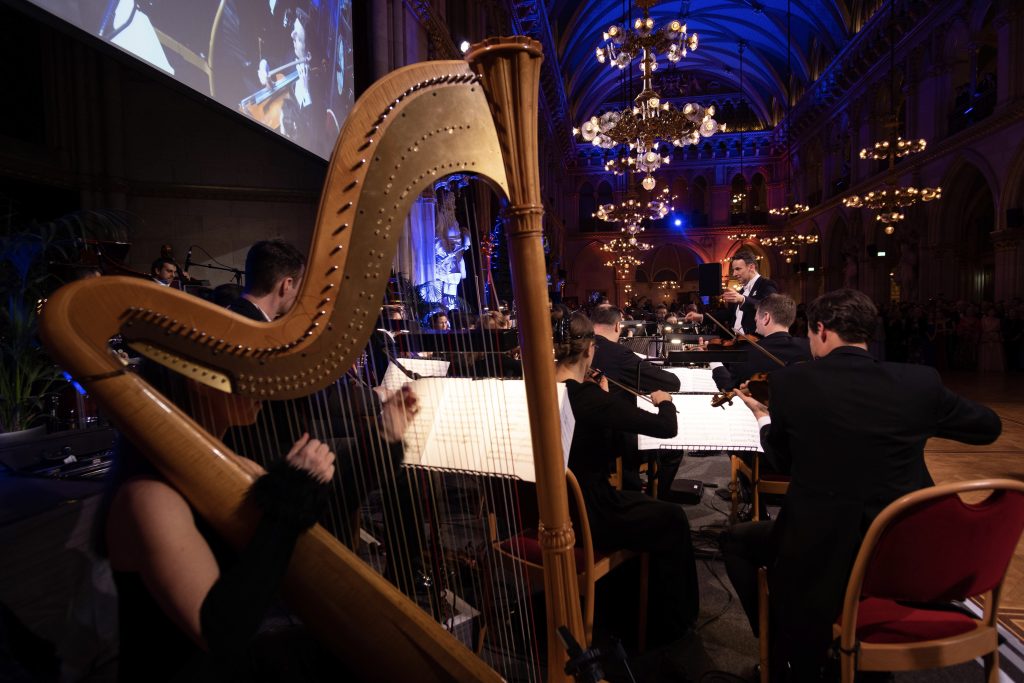“The Silver Lake,” composed by Kurt Weill in 1933 amidst a crisis-ridden era of the Weimar Republic, is a three-part stage play that delves deep into the social and political unrest of the time—a world defined by injustice. The Silver Lake itself serves as a symbolic space for power and wealth, where desire and conflicts flare up between the oppressed and the powerful. The play impresses with its amalgamation of folk melodies and avant-garde elements.
Premiered just three weeks after the Nazis assumed power, the play was banned due to its critical stance against totalitarianism. In the midst of the persecution of political opponents, the curtailment of press freedom, and the collapse of democratic principles, “The Silver Lake” found no leniency. Ridiculed by the Nazis as a “musical bastard,” the work continues to seek an appropriate performance format, hovering between opera and theater.
The Ball Orchestra Divertimento Viennese, led by conductor Vinzen Praxmarer, brings this testament to contemporary history, which strives for artistic freedom and represents the unwavering power of art, to the stage.
You can read the full text in the 2024 ball magazine, which will be published on the evening of the ball.
